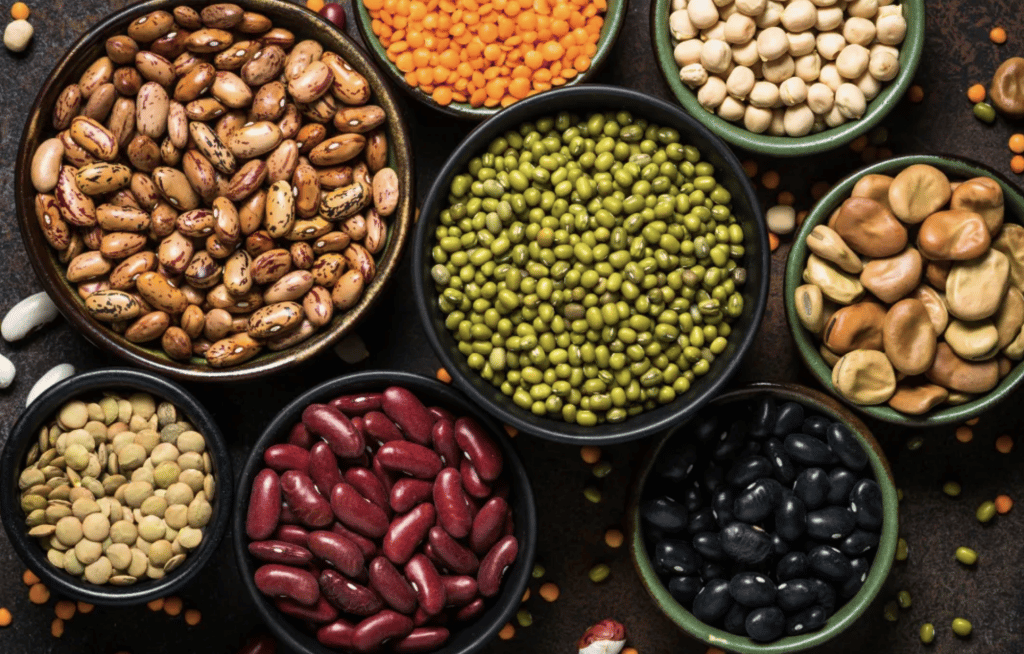Meat consumption in the U.S. seems to be up overall, but current trends favor a transition towards plant-based protein.
Plant-based products have become increasingly more common in both grocery stores and on restaurant menus. That’s no coincidence — consumers want alternatives to meat and animal-derived products such as dairy.
There are a number of factors that are driving this protein transition. Some people are turning entirely vegan because they don’t like the idea of having a lifestyle that contributes to animal suffering. Others are switching to vegan or vegetarian diets, or simply cutting down considerably on their meat consumption, for environmental considerations.
Some people also forgo meat for their health as meat consumption (especially red meat) is associated with heart disease, high blood pressure, high cholesterol, and even some types of cancer.
Meat consumption is on the rise in the US, but plant-based protein is growing faster
According to the Good Food Institute, in 2021, the sales of plant-based foods grew three times faster than food sales overall. This can be explained by the fact that a sizable portion of the public is reducing their meat consumption.
A 2020 poll by Gallup found that 23% of adults in the U.S. say they now eat less meat and 41% of adults in the U.S. reported having tried plant-based meats from brands.
Eating a plant-focused diet doesn’t necessarily have to be an all-or-nothing proposition. Even having a single meat-free day a week comes with a number of benefits. One study showed that replacing just 3% of animal protein with plant-based protein led to a 12% decrease in the risk of early death because of heart disease.
Rather than vegans and vegetarians, the future may belong to flexitarians – a semi-vegetarian diet in which people do not eat meat one or more days a week.
“The way I look at it, what seems easier? To turn half of America vegetarian or have half of Americans’ meals be vegetarian? Obviously, the latter is more achievable … and that’s the kind of thing we should be aiming for. It would have a huge impact on our environment, our health as a country, and on animals,” Leah Garcés, president of Mercy for Animals, an animal protection organization that advocates for a vegan lifestyle, told Eater.
Here are some easy ways to help you reduce your meat protein from your diet and lessen the toll on the environment and your personal health:
- Remove processed meats from your diet, especially red meats.
- Make a commitment to have one ‘meat-free’ day per week.
- Try out new vegetarian recipes so the transition introduces novelty and fun.
- Don’t be afraid to try ‘fake meats’ and ‘meat analogs’, which have become popular in grocery stores in the past decade.
